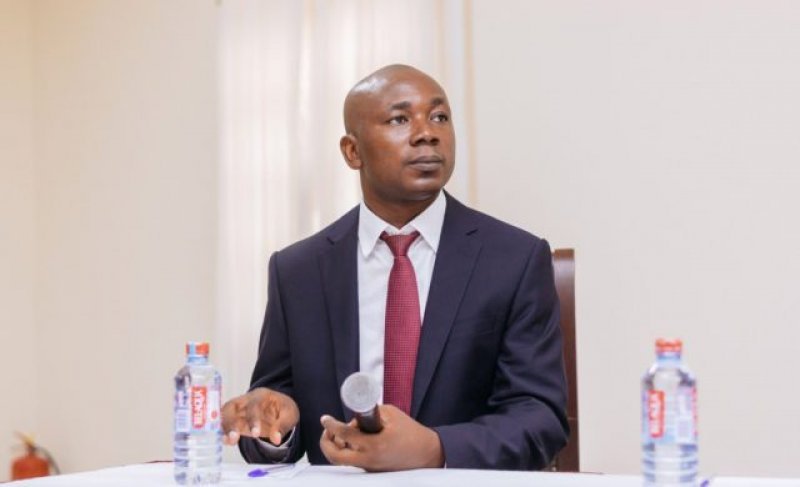A lecturer of finance at the University of Ghana Business School (UGBS) Prof. Godfred Bokpin has highlighted that the hard economy of Ghana is marked by economic disruptions and policy failures of which many citizens continue to suffer the consequences.
Ghana’s economy, defined by the World Bank in 2019 as the world’s fastest-growing economy, has reduced. Factors of the reduction include high levels of government debt, inflation, and energy costs, low agricultural productivity, and regional trade inefficiencies.
As Ghana has a complex economic landscape, experts warn that many citizens will continue to suffer the consequences. The ongoing struggles of vulnerable populations have been highlighted alongside macroeconomic indicators suggesting recovery, but the reality for many remains terrible.
Speaking on Morning Starr with Naa Dedei Tettey, Prof. Bokpin says when political policy fails, it causes economic disruptions which might be difficult to correct.
“There can be external factors and all of that but when your own policy fails, it aids economic disruptions and is very costly trying to correct it and the fact that you’ve been able to correct it at the macro level necessarily doesn’t mean that so many the people are actually recovered from it.
He also criticized the ruling New Patriotic Party (NPP) for its failure to analyse data effectively, suggesting that establishing a minimum threshold for people’s inclusion in domestic data streams could have created a considerable economic space.
“I’m sure if they had set that threshold right at a certain level lots of the people who were picketing at Ministry of Finance, we could have created a safety net for them because the reality is that some of those people, they will never have a chance again to recover from that.” he noted stressing the need for targeted aid rather than a blanket application of policies that overlook the most vulnerable and socially excluded Ghanaians.
Despite claims of a “soft landing” and progress in economic recovery, the economist expressed doubt. “When you put all these things together, one would be unsettled to claim we’ve turned the corner.
“Yes, for some, it will be death that will cause them to recover from this” the economist stated, emphasizing the terrible situation for people affected by recent economic policies.
Addressing the energy sector, Bokpin says the financial burden could lead to difficult decisions, particularly as the government looks to manage electricity consumption and infrastructure.
“On average, there is more than $1.5 billion in shortfalls that must be addressed to keep the lights on,” he explained.
He also called for a practical approach to address not only financial challenges but also environmental concerns. “We must create a budget line now to take care of the environment we are destroying.”
As Ghana prepares for the coming elections, Bokpin urged that any party that takes power must confront the reality of the nation’s economic situation bluntly.
Source: Ghana/Starrfm.com.gh/103.5FM/Jasmine Adjei Anyetei



